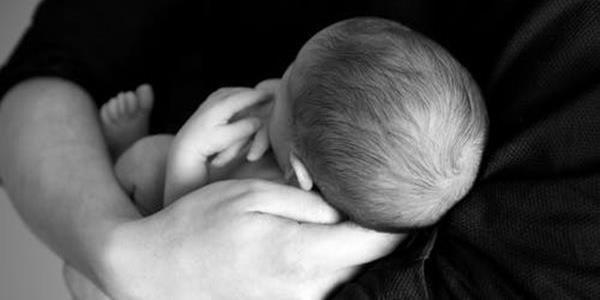
The European Council adopted on 13/06/2019 a new Directive which reshapes and mondernizes
the existing EU legal framework in the area of
family-related leaves and flexible working arrangements.
This Directive follows the Commission’s decision to take a broader approach in addressing women’s underrepresentation in the labour market and it is the aftermath of the Work-Life balance initiative.
This initiative takes into account the developments in society over the past decade in order to enable parents and people with caring responsibilities to better balance their work and family lives and to
encourage a better sharing of caring responsibilities between women and men.
The Directive envisions to
benefit the European economy by enabling the businesses to attract and retain talented women and men, which will in turn strengthen the equality between the genders and contribute in closing the gender employment and pay gap.
Key points of the Directive
- Introduction of paternity leave. Fathers/equivalent second parents will be able to take at least 10 working days of paternity leave around the time of birth of the child, compensated at least at a level of national sick pay. The right to paternity leave will not be subject to a period of work or service qualification, however, for the payment of earnings, six-months of service may be required. Member States with more generous legal systems can maintain their own national law.
- Strengthening of the existing right to 4 months of parental leave, by making 2 out of the 4 months non-transferable from a parent to another. The level of pay and the child’s age limit is to be determined by each Member State. Parents will also have the right to request to take the leave in a flexible way (e.g. part-time or in a piecemeal way).
- Introduction of a new concept, the carers' leave for workers providing personal care or support to a relative or person living in the same household. Working carers will be able to take a leave of 5 working days per year. The Member States may introduce additional conditions on the exercise of this right.
- Extension of the existing right to request flexible working arrangements (reduced working hours, flexible working hours and flexibility in place of work) to all working parents of children up to at least 8 years old, and all carers.
The new Directive is complemented with policy and funding measures, supporting EU countries in enforcing existing dismissal protection legislation, developing formal care services and addressing economic disincentives for second earners to work.
Members States have in their disposal three years to transpose the Directive into national law and two more years to include the obligation of payment for a period of the parental leave.